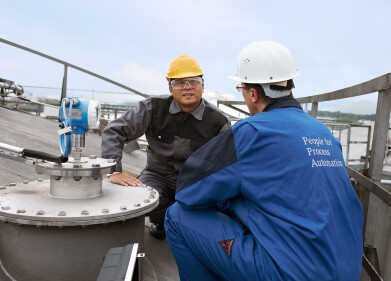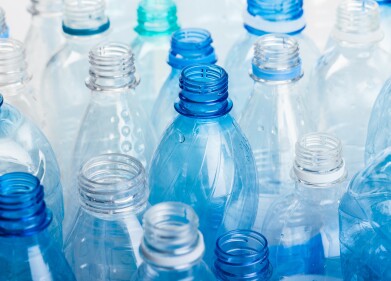Analytical Instrumentation
Is Nepal's Petroleum Tax Unnecessary?
Jan 10 2017
Following the Magnitude 7.8 earthquake that shook Nepal last April, lawmakers are now urging the government to veto the supplementary taxes that are being levied on the sale of petroleum products. Critics claim that consumers are lumping the financial burden, while the government is failing to utilise the cash for its intended purpose. Presumed goals include restoring roads and combating air pollution, both of which are major problems in Nepal.
Petroleum sales dripping with taxes
Government taxes are a given for most businesses, and Nepalese oil and gas corporations aren’t exempt. Currently, the Nepalese government collects a suite of additional taxes on petroleum products, categorised under a myriad of different headings. Titles include Development of Petroleum Infrastructure, Pollution Control, Road Maintenance and Stabilising Fuel Prices, to name a few.
Rather than absorb the additional taxes, companies have been passing on the burden to consumers. Recently, the Nepal Oil Corporation (NOC) added an additional per litre charge to the sale of petrol, diesel and aviation fuel, justifying it as Infrastructure and Pollution tax.
Lawmakers claim that the Nepalese government has raked in billions of rupees under these ‘tax’ headings, though has failed to channel the money into public projects.
“There is no point in imposing additional taxes on the price of petroleum products if the government cannot spend the collected fund to fulfil the purpose of its collection,” comments Nepali Congress lawmaker, Rajya Laxmi Shrestha.
“Nepali roads are still in awful condition, pollution problem is the same and consumers have time and again been victims of high petroleum price,” she claimed at a recent meeting of the sub-committee of Committee on Commerce, Industries and Consumer Welfare Relations.
Tax cash gone AWOL
According to the NOC, Pollution Tax has generated almost two billion Nepalese rupees over the past three years. Road Maintenance Tax has also been a big money-maker, earning the government more than 7.3 billion. A further 3.3 billion has also been allocated to the Price Stability Fund, which exists to control petroleum product price hikes. Though despite the big earnings, the majority of the tariffs are unaccounted for in the government treasury.
Tired of corruption, negligence and unaccountability, lawmakers are now putting pressure on the Nepalese government to clean up their act, and channel tax funds to the areas they belong.
Petroleum taxes are controversial, but could they soon be a relic of the past? ‘Biofuels and their Precursors – A Challenge for Common Elemental Analyzers’ explores what’s ahead for the ‘green energy’ revolution, as well as the complications it could present to existing technologies.
Digital Edition
PIN 25.1 Feb/March
March 2024
In This Edition Safety - The technology behind the ION Science Tiger XT - Safety with ammonia and LOHCs as hydrogen carriers Analytical Instrumentation - Discussion on new tribology te...
View all digital editions
Events
Apr 22 2024 Hannover, Germany
Apr 22 2024 Marrakech, Morroco
Apr 22 2024 Muscat, Oman
Apr 22 2024 Rotterdam, Netherlands
Apr 23 2024 Singapore


















